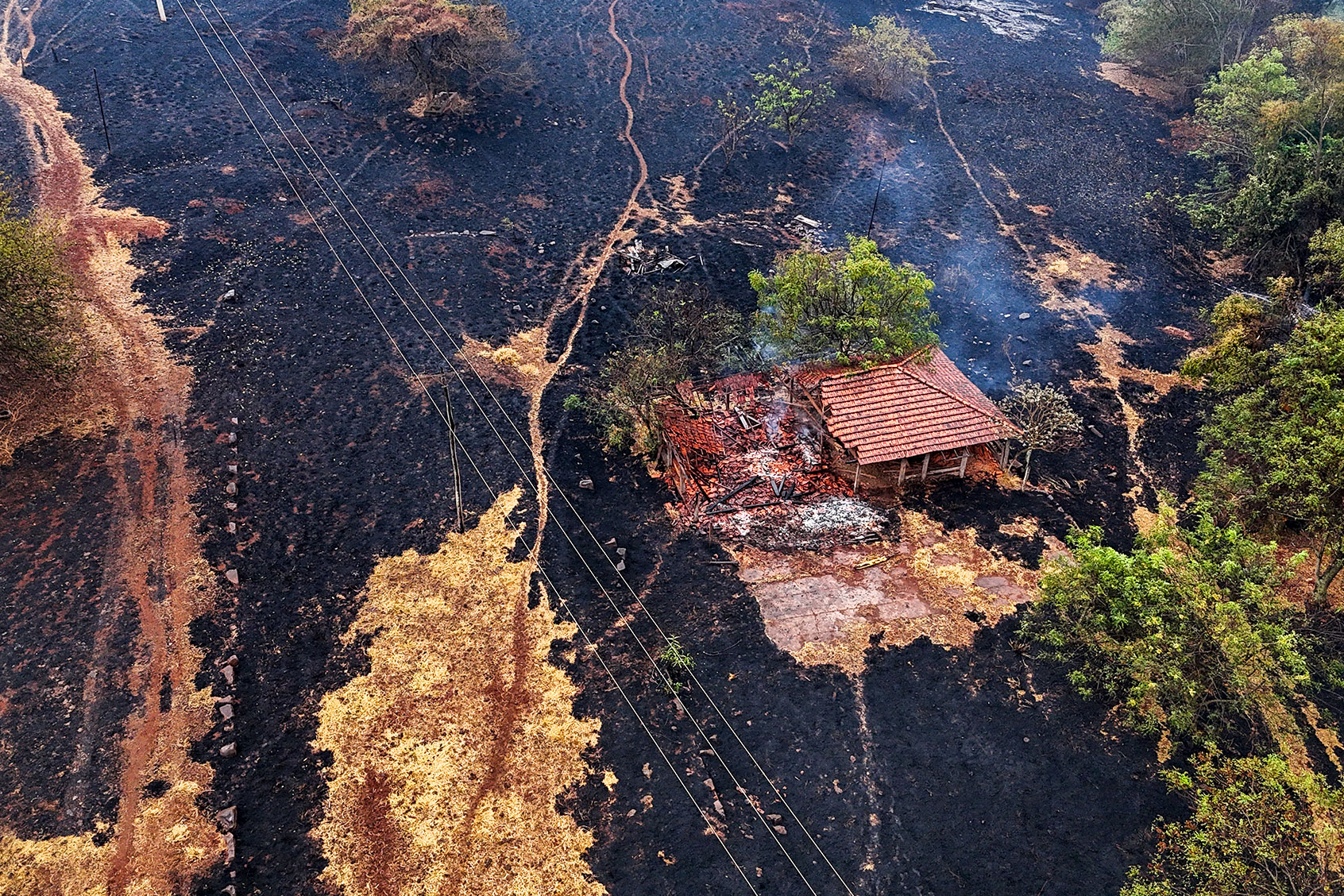Days after Brazilians sweltered under scorching heat, panted through a parching drought and choked from wildfire smoke, scientists anticipate temperatures in Brazil to linger between 35º C and 40º C all week — equivalent to 95º F to 104º F.
The temperatures are expected to reach these blistering heights primarily in the Central West region, which includes large cities like Brasília, Manaus and Belo Horizonte. In addition to putting the residents of these areas at risk of heat stroke and other health problems, the escalating heat creates a risk of wildfires.
In recent weeks, blazes exacerbated by climate change consumed large sections of the Amazon rainforest, Pantanal wetlands and Cerrado savanna, as well as the southern state of São Paulo. There were widespread reports of people coughing and gagging on the smoke, feeling short of breath and suffering from eye pain due to the irritants in the air. On Sunday, the Brazilian government released satellite data showing the number of August wildfires in Brazil was the highest it had reached since 2010.
Heat waves and wildfires are sweeping the planet as a result of anthropogenic global warming. Describing a 2023 study on how climate change is causing an abundance of so-called compound drought and heatwaves (or CDHW events),
"It's a 'new abnormal' and it is now playing out in real time — the impacts of climate change are upon us in the form of unprecedented, dangerous extreme weather events," Dr. Michael E. Mann, a professor of Earth and Environmental Science at the University of Pennsylvania, told Salon at the time. "And it will only get worse and worse as long as we continue to burn fossil fuels and generate carbon pollution."
Read more
about climate change and heat


